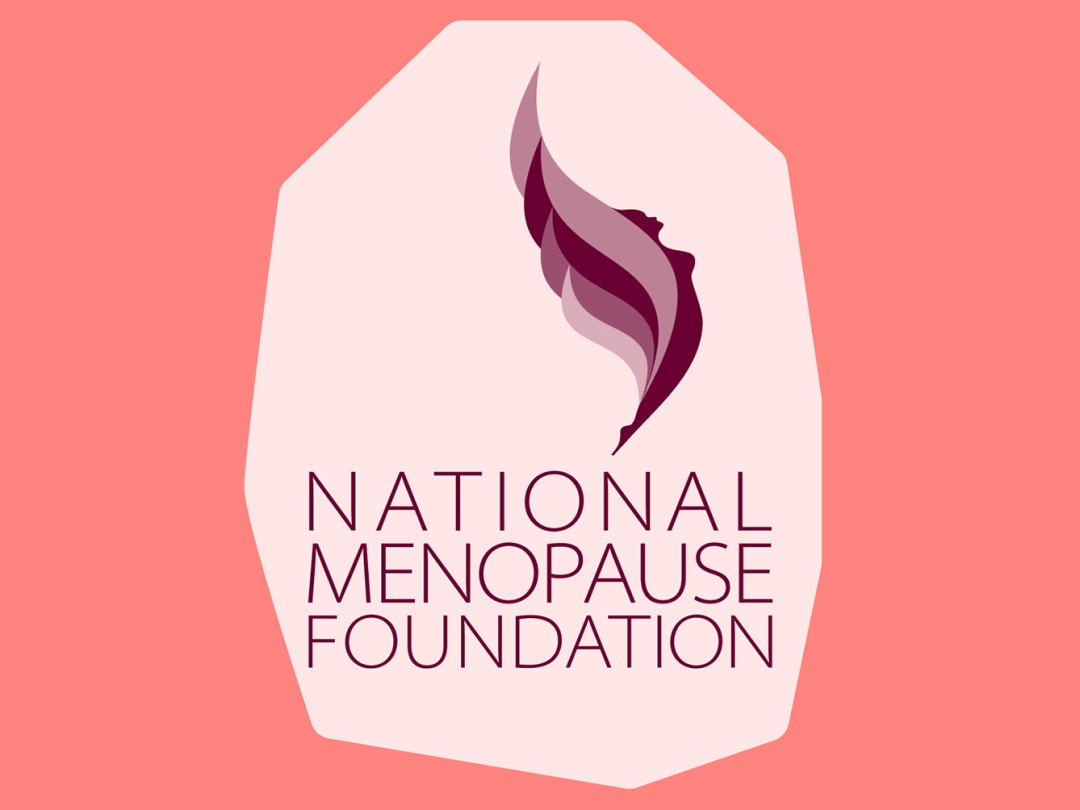#personal-essay
Think Before You Comment on Someone’s Body
voices
·5 min read

by Jem Zero | 09/29/2022
While saying goodbye to summer, myself and many others are reflecting on receiving unsolicited comments about our bodies while simply trying to beat the heat. Too fat, too flabby, too sexy… and for some, too damaged. Injuries, self-harm, birthmarks, growths — the list of features viewed as “flaws” goes on.
Having marks on your body sets you up for constant commentary, especially if you have an online presence. Social media enables a truly frightening amount of entitlement when it comes to criticizing people’s appearances. This hostility increases for those who are Black, Indigenous, or other people of color, as well as disabled people and queer people.
Regardless of where or when — whether on social media or in person — it’s rude to make unsolicited comments about someone’s body. You don’t know their story, or their relationship with their body. Some people view their earthly form as a temple, but others feel trapped within it. Many, like me, feel somewhere between the two.
compliments are ok, right?
Readers might ask “Why?” if their intent is to say something positive, but sometimes, even compliments can be harmful. For example, a thin person might be praised for losing weight when they’re struggling with illness or an eating disorder. Black people who keep their Afro-textured hair in natural or protective styles may reel in more compliments when their hair is straightened or relaxed.
Those who have curvaceous forms and large breasts that show cleavage are constantly sexualized, whether walking down the street, in mainstream media, or in religious spaces. I was thin in high school, but would get comments on my butt being, like, really big, which triggered major body dysmorphia that I carried into adulthood. Even well-meaning comments made me feel unsafe. More than anything, I wanted to be left alone.
Along a similar vein, negative sentiments can come disguised as compliments. “You looked so beautiful before you got tattoos!” or “I liked your hair better when it was long!” are comments that, the vast majority of the time, are not welcome. I’ve been subjected to backhanded-compliments like these more times than I can count. Those giving out these comments might claim they were “just trying to be nice,” but it’s so much easier to apologize — or, better yet, avoid saying those things altogether.
consent is vital, even online
Of course, this doesn’t mean there are never times when positive and affirming comments are wanted and welcomed. In these situations, consent is key.
Body-positive spaces made to celebrate certain features and identities exist online and in real life. In these situations, commenters should make sure their compliments aren’t fetishistic, especially if they don’t share demographic characteristics.
Avoiding giving unsolicited opinions on people’s bodies doesn’t mean you can’t say nice things! Instead, try emphasizing something a person has control over — such as hairstyle, a flattering outfit, or make-up. I often skip appearance entirely and compliment other non-physical things about them I admire, like skills, accomplishments, creativity, and so on.
balancing body positivity and neutrality
For people with features that don’t fit into the status quo of body type, weight, clear skin, or hair texture, gleeful and malicious denigration seems inevitable. Moles are considered either beauty marks or unsightly. Cellulite means lack of proper diet and exercise. Keeping postpartum weight indicates laziness.
Even if shaming isn’t the intention, some commenters genuinely believe they should be welcome to, under any circumstances, state if a person is attractive to them… or not. No, you don’t have to be attracted to every feature a human can have, but you also don’t have to share that with them (or others who share those traits). Trust me: no one wants to know you don’t think they have attractive facial symmetry.
In response, movements seeking to celebrate features such as dark skin, colostomy bags, fat bodies, tightly coiled Afro-textured hair, mastectomy results, and so on, have broken up through the waves of mocking dissenters. This is often referred to as “body positivity,” but being accepting doesn’t stop at being positive.
It’s also okay to feel neither good nor bad about your body — this is called “body neutrality.” Instead of tying worth to beauty, which is often a component of body positive efforts, a neutral approach recognizes that it doesn’t matter if my body is attractive, healthy, or abled. It took me a while to accept the physical form I occupy, but once I understood body neutrality, my self esteem increased significantly.
You never know what might trigger someone’s hidden body-image issues, and everyone should keep that in mind. All of us can work to not exacerbate negative feelings by being conscious of others’ individual boundaries before deciding to air our thoughts.
Jem Zero (ze/zir) is a disabled transmasc writer/artist creating work about zir faulty meatsack & brainjuice. Further eccentric nonsense can be found at @jem_zero (twitter), and @jemzero (instagram).
resources:
On fatphobia:
https://www.goodhousekeeping.com/health/a35422452/fat-phobia/
On colorism:
https://time.com/4512430/colorism-in-america/
https://www.learningforjustice.org/magazine/fall-2015/whats-colorism
On hair discrimination:
https://www.teenvogue.com/story/a-brief-history-of-black-hair-politics-and-discrimination
On body neutrality:
On fetishization & sexualization:
https://psycnet.apa.org/record/2021-31101-001
https://the-peak.ca/2021/02/disabled-sexuality-is-more-than-whats-on-our-screens/
https://i-d.vice.com/en/article/pav3vk/as-a-queer-black-male-im-tired-of-being-fetishized-on-grindr
https://theorion.com/80571/opinion/a-fetish-is-not-an-excuse-to-sexualize-lgbtq-people/
by Jem Zero
discover more topics
more from voices

Why We Need to Change the Way We Talk About Periods
by Keeley McNamara, CNM, and Jen Swetzoff
07/17/2023

